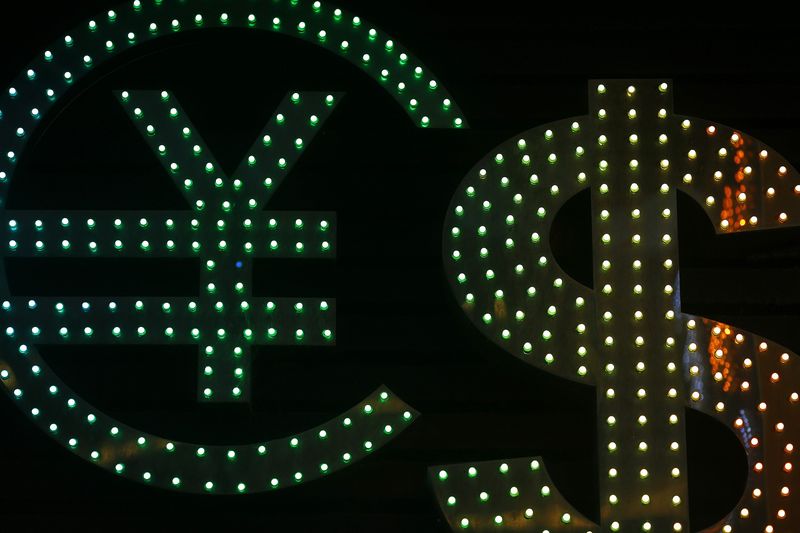Bank of America Predicts Turbulence for Korean Won Amidst Global Trade Uncertainties
Seoul, South Korea – The Korean Won’s recent surge against the US dollar may be short-lived, according to a new report released by Bank of America (BofA). Despite currently being the best-performing Asian currency year-to-date, BofA analysts predict a challenging future for the Won, citing potential escalating global trade tensions and a bleak outlook for Korean exports in 2025. This forecast comes amidst a backdrop of complex international trade dynamics and ongoing efforts by the Korean government to stabilize its currency.
The report highlights the recent market reactions to the second Trump administration’s inauguration. The initial absence of immediate changes to existing trade tariffs, particularly those concerning China, led to a market correction, with investors unwinding long US dollar hedges against the Chinese Yuan (CNH). This resulted in a significant depreciation of the Yuan, with the CNY fixing dropping to 7.17. However, BofA analysts caution against interpreting this as a sign of easing trade tensions. They point to President Trump’s public statements regarding potential tariffs on Canadian and Mexican goods as an indication of the continuing risks to global trade stability.
Korea, heavily reliant on exports, is particularly vulnerable to fluctuations in global trade. The government, recognizing this vulnerability, is actively working to maintain the Won’s stability and bolster international investor confidence. The National Pension Service (NPS) and the Bank of Korea (BoK) are implementing various strategies to mitigate foreign exchange weakness, including adjustments to hedge ratios and direct interventions in the market. These interventions have contributed to the Won’s recent positive performance, a stark contrast to its position as the worst-performing Asian currency over the past 12 months.
However, BofA analysts argue that these government interventions are unlikely to sustain the Won’s strength in the long run. They cite their negative outlook for Korean export growth in 2025 as a key factor. This pessimism stems from the potential ripple effects of escalating US-China trade tensions, which could significantly impact Korea’s export-oriented economy. Further complicating the situation is the looming uncertainty surrounding future US trade policies, which could disrupt global trade flows and negatively impact Korean businesses.
Based on their analysis, BofA has issued a long USD/KRW trade recommendation, predicting a weakening of the Korean Won against the US dollar. The bank suggests an entry point at 1,442, targeting 1,480, with a stop-loss order at 1,420. This recommendation reflects BofA’s expectation that continued trade uncertainties will exert downward pressure on the Won. While the Korean government’s efforts to stabilize the currency pose a potential risk to this trade, BofA analysts believe the underlying economic factors and the potential for further trade disputes will ultimately outweigh any short-term stabilizing effects.
The BofA report serves as a stark reminder of the interconnectedness of global economies and the potential for trade disputes to disrupt even seemingly stable markets. The Korean Won’s recent resilience, while encouraging, may be masking underlying vulnerabilities stemming from global trade tensions and a potentially challenging export environment. The ongoing US-China trade dynamics, coupled with President Trump’s unpredictable trade policies, create significant uncertainty for Korea and other export-dependent nations. The coming months will be crucial in determining the trajectory of the Korean Won and the broader global economic landscape. The BofA analysts’ cautious outlook underscores the need for continued monitoring of trade developments and their potential impact on the Korean economy.




